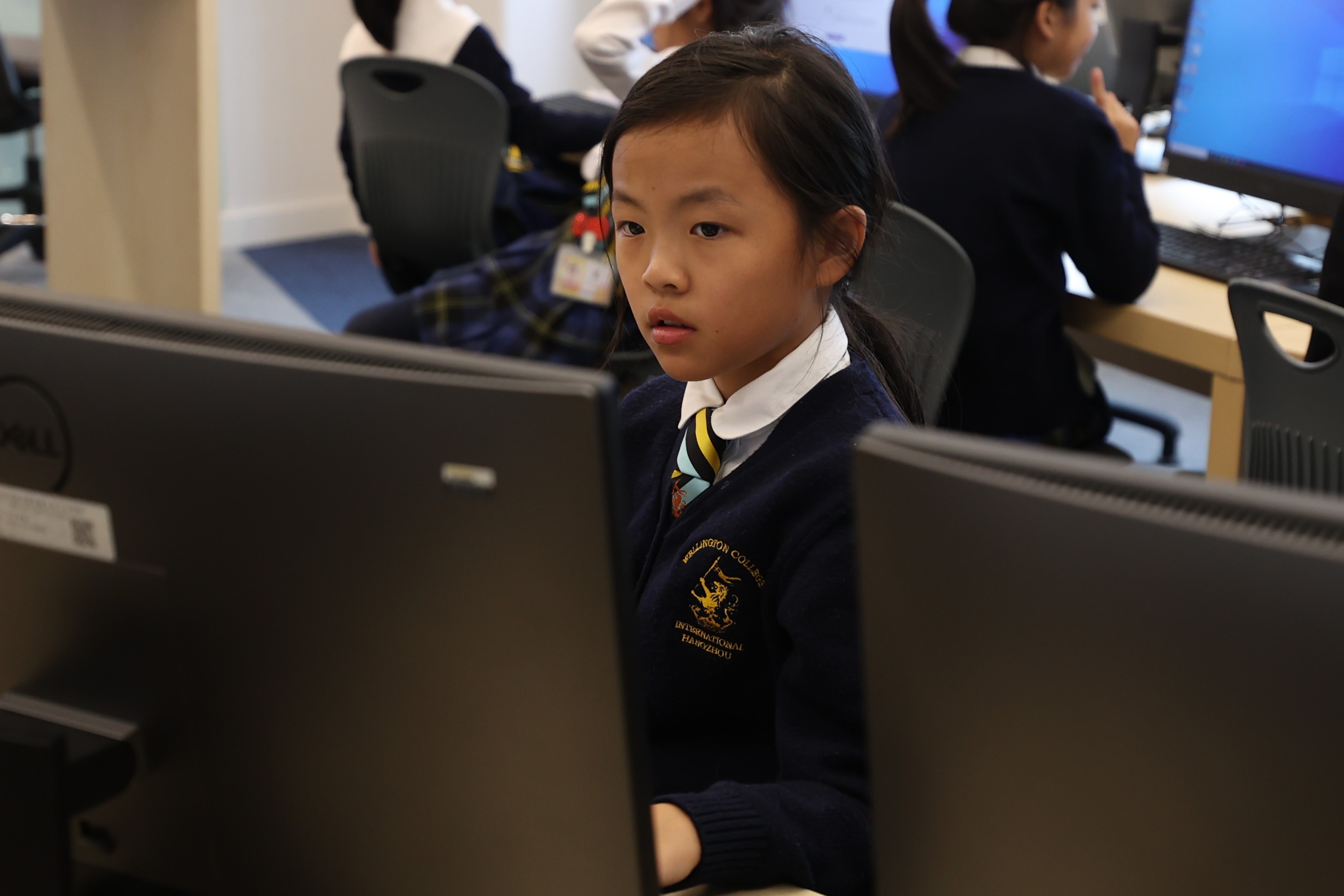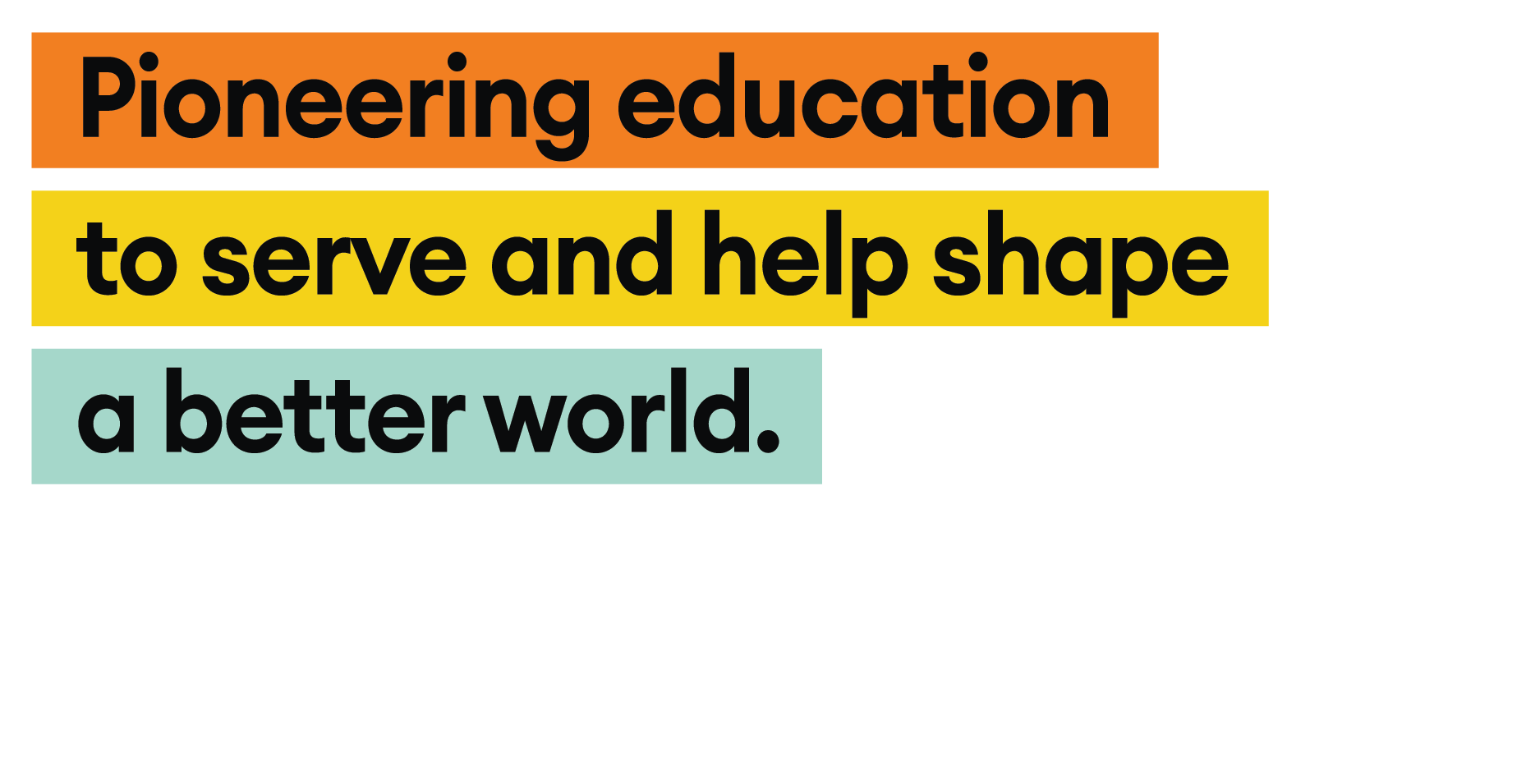The Week Ahead
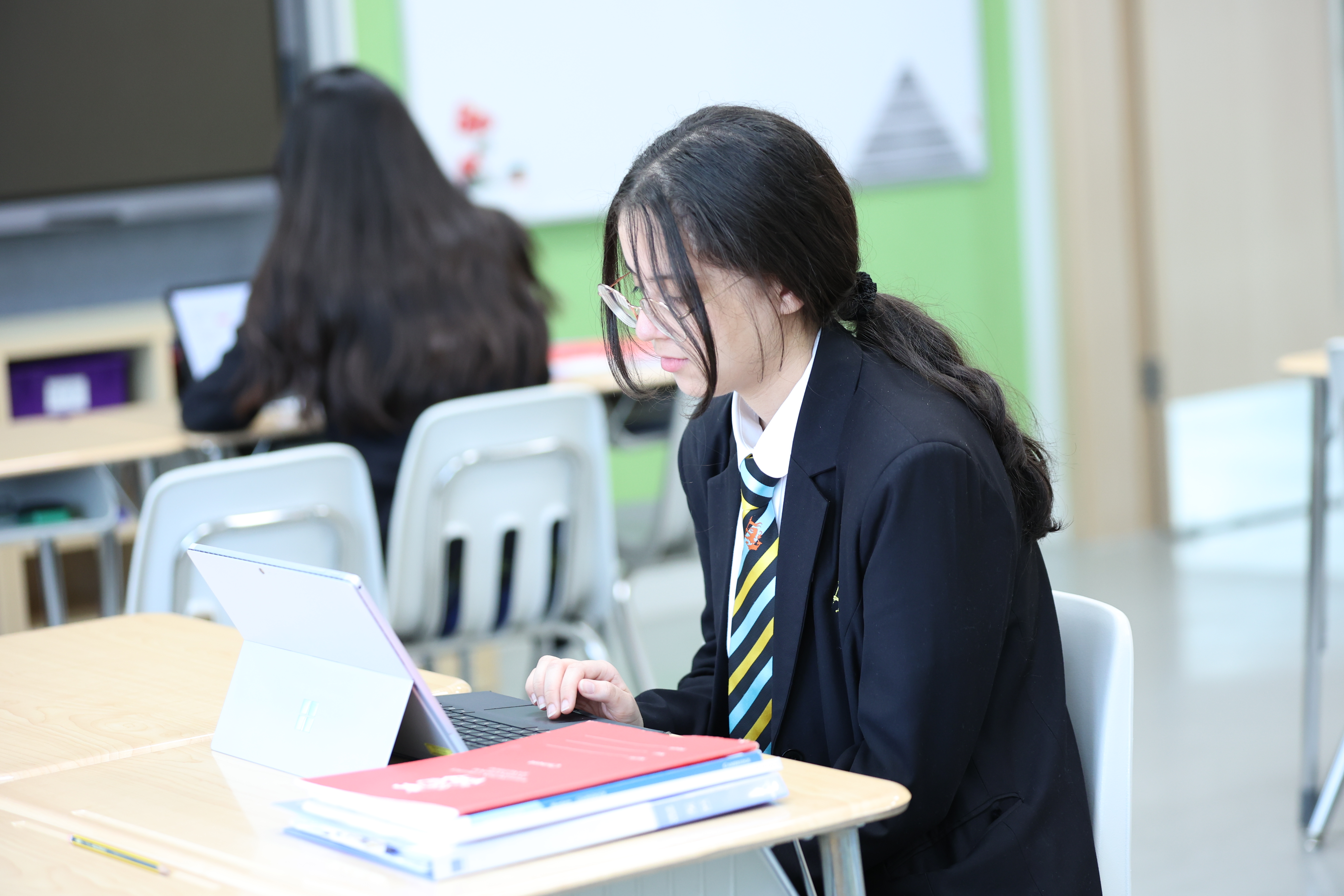
Senior School Matters
The Study Skills Handbook
As a school that prides itself on keeping academic excellence at the heart of all that we do, we are constantly looking for new and better ways to support our pupils to maximise their academic potential. Our pioneers in the school’s first-ever Year 10 cohort have done a sterling job sitting their exams over the past month. However, teacher evaluation concludes that there is still more to be done for all our pupils to empower them to work even smarter, but in most cases, not harder.
Wellington College International Hangzhou has recently partnered with Enhanced Learning Educational Services, a globally respected Australian educational consultant who built the famous ELES Study Skills Handbook. This is a great online resource for parents and pupils to find a huge volume of activities, multimedia experiences and valuable resources designed to help grow and develop even more impactful and efficient study skills. The goal of working with the Handbook is, of course, to improve examination grades. However, it also provides useful and practical advice to pupils on diverse topics such as overcoming procrastination, asking for help and managing stress, plus a helpful section on how pupils can live their best lives.
To learn more about the Handbook, please scan the QR code below. Your child’s tutor will share the login and password details this week. I encourage all parents and students to take advantage of this opportunity to further develop their students’ study skills abilities through this great online resource.

Stewart Brown
Head of Senior School
Sixth Form Matters
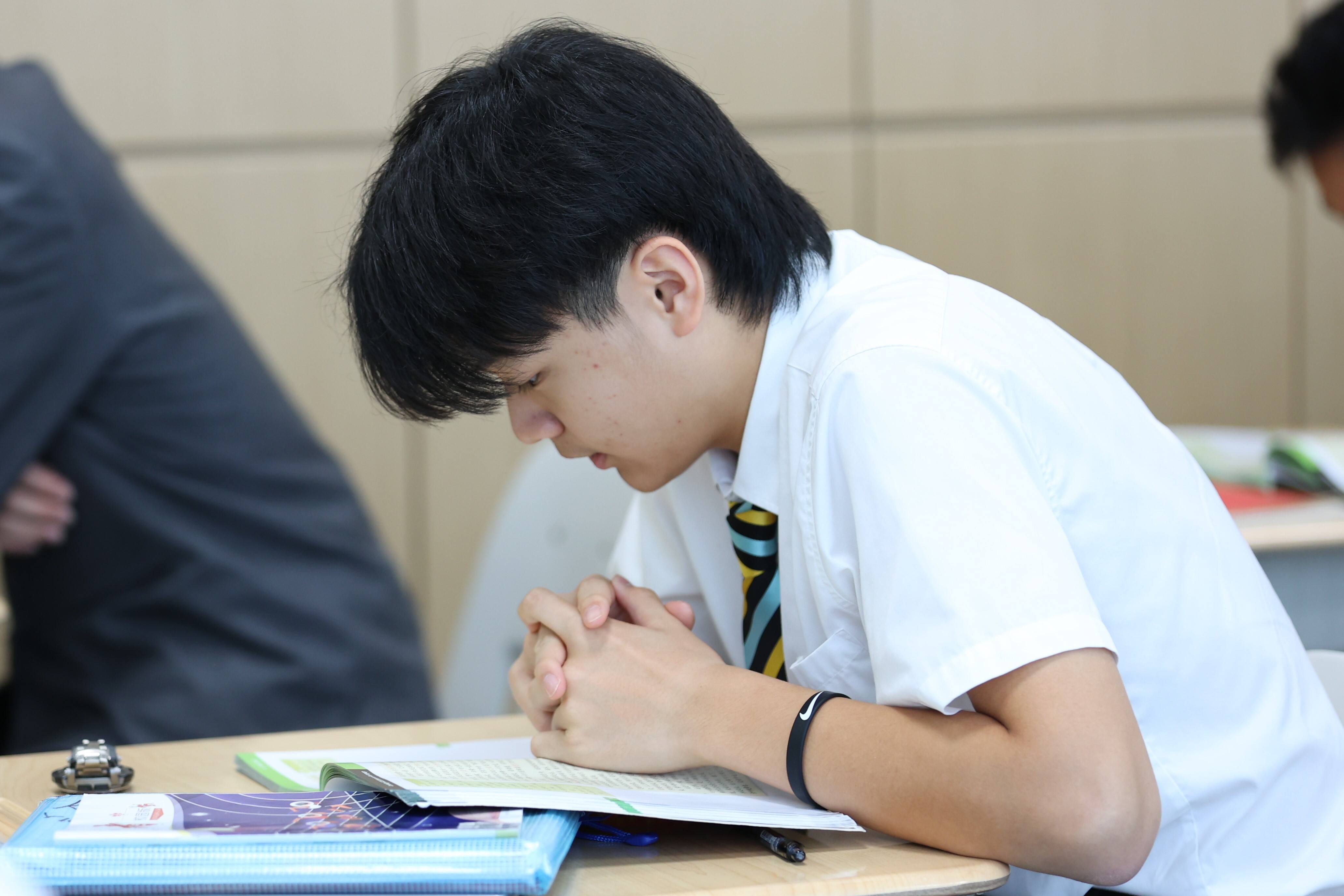
Many pupils who have transitioned from IGCSE to A-Level studies will talk about a ‘jump’ between the two courses. This is difficult to quantify for our current IGCSE learners when they are the first in our school to make this ‘jump’. However, speaking to my previous pupils and witnessing their progress through the different Key Stages, there was a common theme about what they found challenging and how they could make the change as smooth as possible.
So why is there a difference between studying for IGCSEs and A-Levels?
The emphasis on A-Level studies is that pupils are preparing for university-style learning, and therefore the approach requires much more independent learning from the pupils. The class sizes are smaller, so pupils’ contributions to discussions are more valued, so preparation for lessons is key. As a result, the workload will increase, even though individuals will be studying fewer subjects than the IGCSE level. Assignments will generally require higher word counts, and the content in each subject is both more challenging and greater in volume. The emphasis is really on the pupils to manage their workloads as this will help prepare them for higher education.
With small class sizes and a high frequency of subject lessons per week, pupils will get to know their A-Level teachers very well. The pupils will also be expected to meet their teachers during study periods or free time if they need further help understanding their subject.
Though the start of A-Level studies may be a little rocky, the reward is certainly worth the extra effort. The important thing to remember is that all staff are here to support our pupils, and we will always help your child build their independence in preparation for university and beyond.
Upcoming Events

Our university and post 18 options provider, Unifrog, hosts a series of valuable webinars. Pupils with Unifrog logins can access these webinars live, or watch them at a later date as they are also recorded.
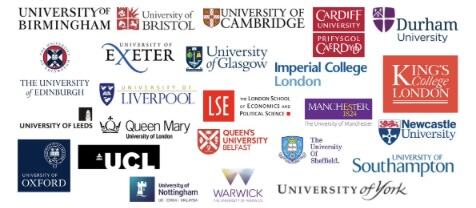
Meet the Russell Group
Date: Tuesday 14 June
Time: 12:00am
Information:
Hear from Russell Group institutions; University of Warwick, University of Southampton, University of Liverpool, and Cardiff University. You’ll learn the important things to consider when applying to a Russell Group university and what to include in your application to make you truly stand out.

Applying to Oxbridge
Date: Wednesday 15 June
Time: 12:30am
Information:
The Oxbridge application process can be different from other universities. Join this interactive webinar to hear from admissions staff and current students at Oxford and Cambridge on making your application stand out and what to expect from the application process, including key information about written applications, interviews, and testing.
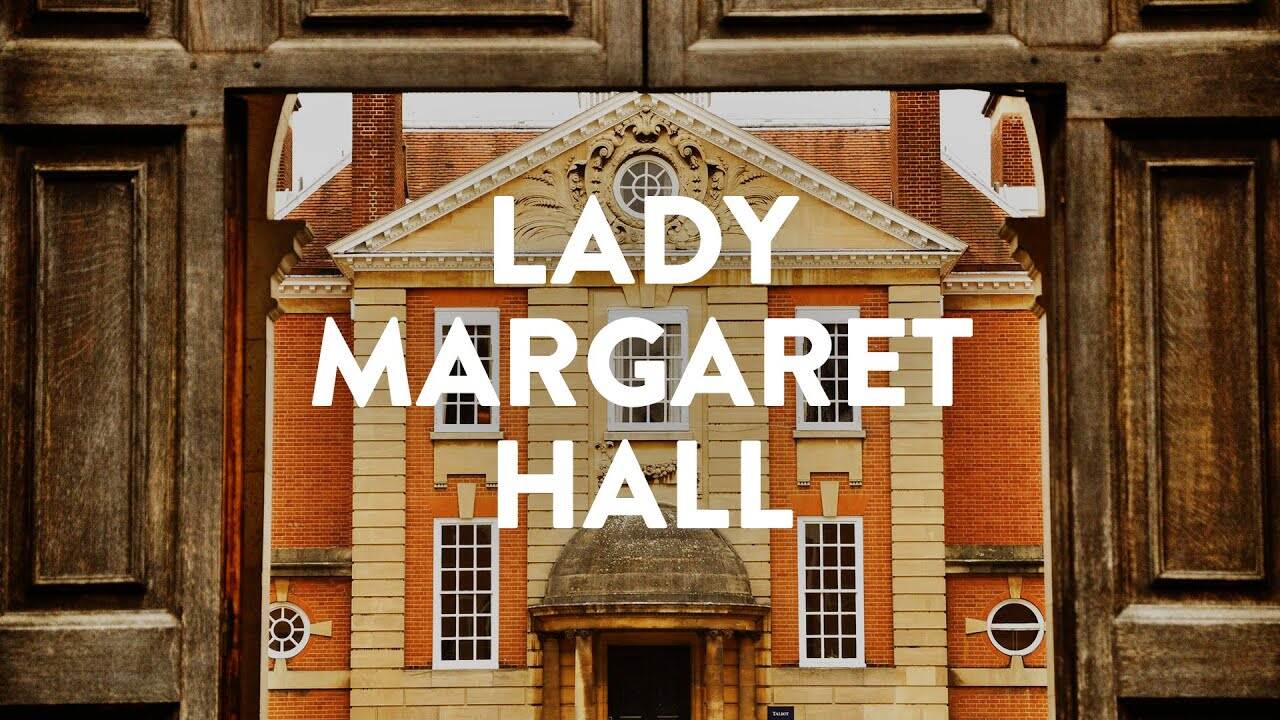
Lady Margaret Hall at Oxford University: Summer Programmes
Date: Wednesday 15 June
Information:
Join a Lady Margaret Hall for a Summer Programme to experience Oxford University’s world-renowned tutorial teaching system, explore fascinating subjects with experts in the field, and gain new skills to take you further in your future academic or professional career. Online courses are available.
Link here
Virtual Creative Workshops

Our international team and creative tutors will be hosting a series of virtual creative workshops in 2022. These interactive and engaging sessions will include practical workshops and art demonstrations to inspire you and a chance to ask questions or gain feedback on your artwork. Open to all, they are aimed at students, educators, and anyone interested in developing their creative skills.
To join one of the 2022 workshops, click the links below to learn more and register.
Colour – Your Personal Voice
-
Professor Xavier Pick
-
6 July 2022
-
10.00am
-
Sign up here
The Magical Banyan Book Tree
-
Professor Xavier Pick
-
3 August 2022
-
10.00am
-
Sign up here
Hatty Leung
Head of Sixth Form
Primary School Matters

‘Oracy is the ability to articulate ideas, develop understanding and engage with others through spoken language.’
At WCIH, the language of immersion is English, and as such, we encourage our pupils to speak it at every opportunity, in and outside the classroom. We have many planned opportunities within lessons and throughout the broader curriculum. In school, oracy is a powerful tool for learning; by teaching students to become more effective speakers and listeners, we empower them better to understand each other and the world around them. It is also a route to social mobility, empowering all students, not just some, to find their voice to succeed in school and life.
Why does a high-quality oracy at WCIH matter?
Oracy increases engagement in learning – learning is rich and enjoyable when children bring their voices and experiences to school life. Research from the Education Endowment Foundation shows that pupils who participate in spoken language interventions make approximately five months of additional progress over a year.
Oracy improves academic outcomes – learners who can think critically, reason together and have the vocabulary to express their knowledge and understanding are more likely to pass GCSEs in Maths and English.
Oracy fosters wellbeing and confidence – empowering pupils to build successful relationships and realise their voice has value.
Oracy supports transitions and enhances employability.
Oracy equips pupils to thrive in democratic and civic life – it requires us to express our views and listen kindly and critically.
Oracy at WCIH is not a programme to be completed one year and gone the next or an extracurricular endeavour for a select few, but rather an essential facet of our practical, empowering and expansive education. We are proud of the provision in place and the accelerated progress our pupils make. There are plenty of inclusive opportunities for our pupils to practice their spoken language through formal events, some of these such as Speech Day and Year 6 Graduation coming up soon.
Matthew Coleman
Head of Primary School
Library Matters

Maintaining pupil access to library resources during the evenings, weekends, and holidays supports our learners in their academic pursuits and their interests. The eLibrary is key to this 24/7 access and provides our pupils with many options. It is also constantly evolving, with our offerings being adjusted to meet the changing needs of our school community over time. Most eLibrary resources can be accessed using a school email and password. Where a resource requires a shared login, these are available from the library team or your child’s teacher. Over the next few weeks, I will use The Week Ahead to highlight some of our key resources. If you would like to explore the eLibrary yourself, please scan the QR code below. The eLibrary is regularly updated with new information, features and resources. If you have any questions or suggestions, please contact the library team.

Digital books and magazines
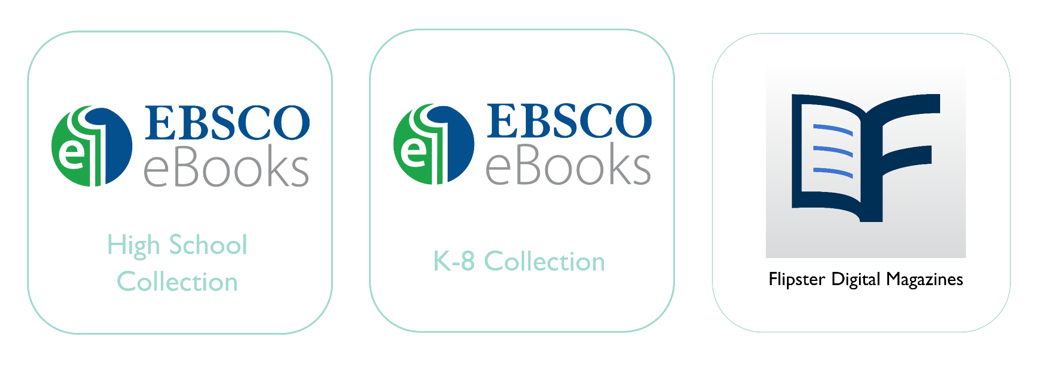
Pupils can access eBooks and digital magazines through our EBSCO and Flipster resources. In addition, they can access thousands of hours of reading material to suit their needs using these. These can be accessed either through the eLibrary or through an APP. If using the APP, there is a shared password that the library team can provide. Please scan the QR code below for more information, along with other details about reading resources available from the school library.

Bronwen Duffield
Head Librarian
Sport Matters
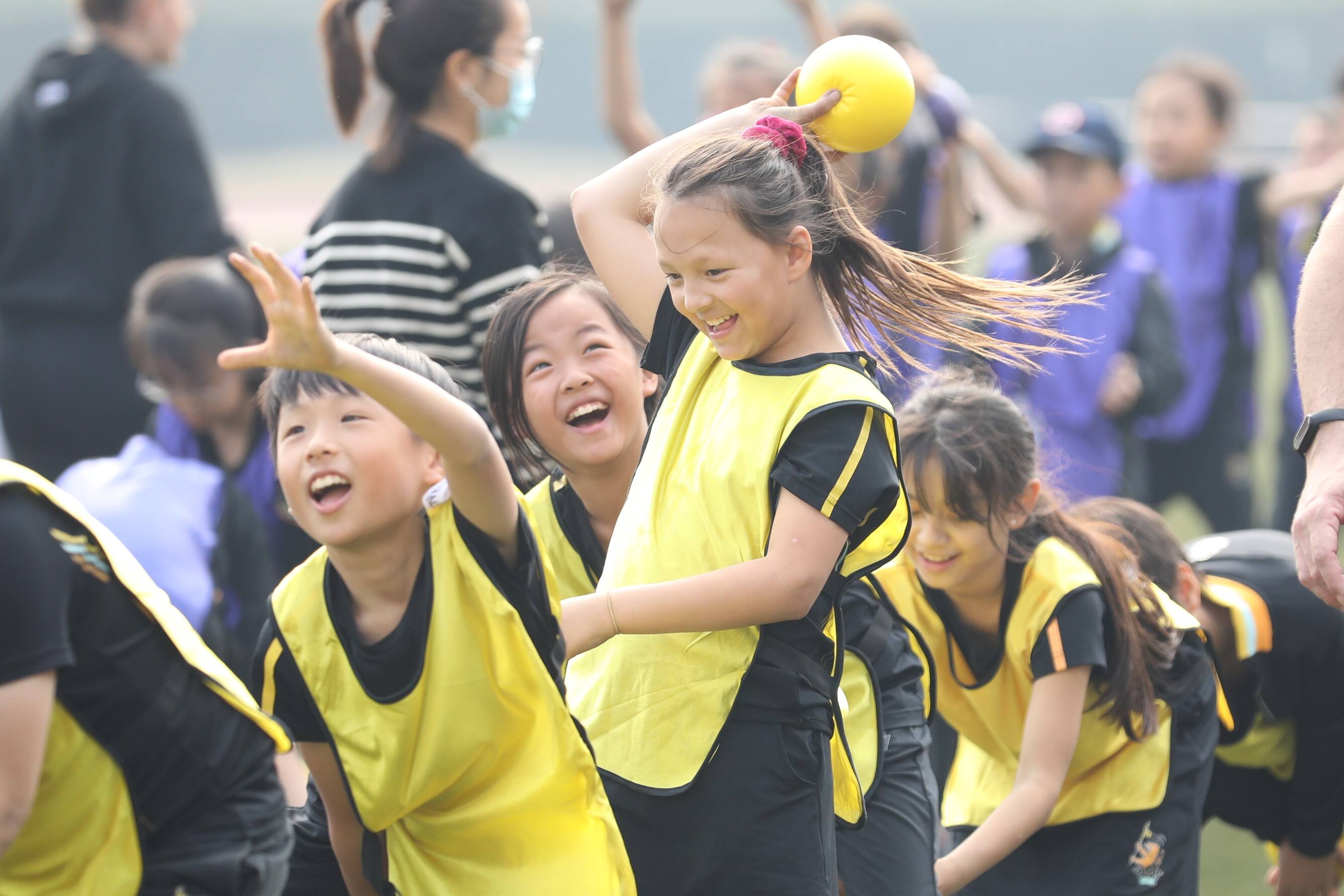
Our pupils are having a great time bonding while competing in ways different from how they typically interact on the court and playing field.
The team building activities create an opportunity for our pupils further to build their trust and cohesiveness as a team. They find the activities to be so impactful and life-changing.
So, why is team building so important in sports?
-
Develops Teamwork – Team building exercises allow team members who usually wouldn’t work together with a chance to cooperate to achieve a specific goal resulting in a boost to their overall cohesiveness.
-
Furthers physical and psychological interaction – Taking a team out of their usual setting and allowing them to communicate in different ways intensifies their connection.
-
Finds New Leaders – Sometimes, natural leaders emerge when least expected. Team building exercises allow coaches to discover who takes the lead when challenged.
Timothy Schulze
Head of PE
Dukebox Matters
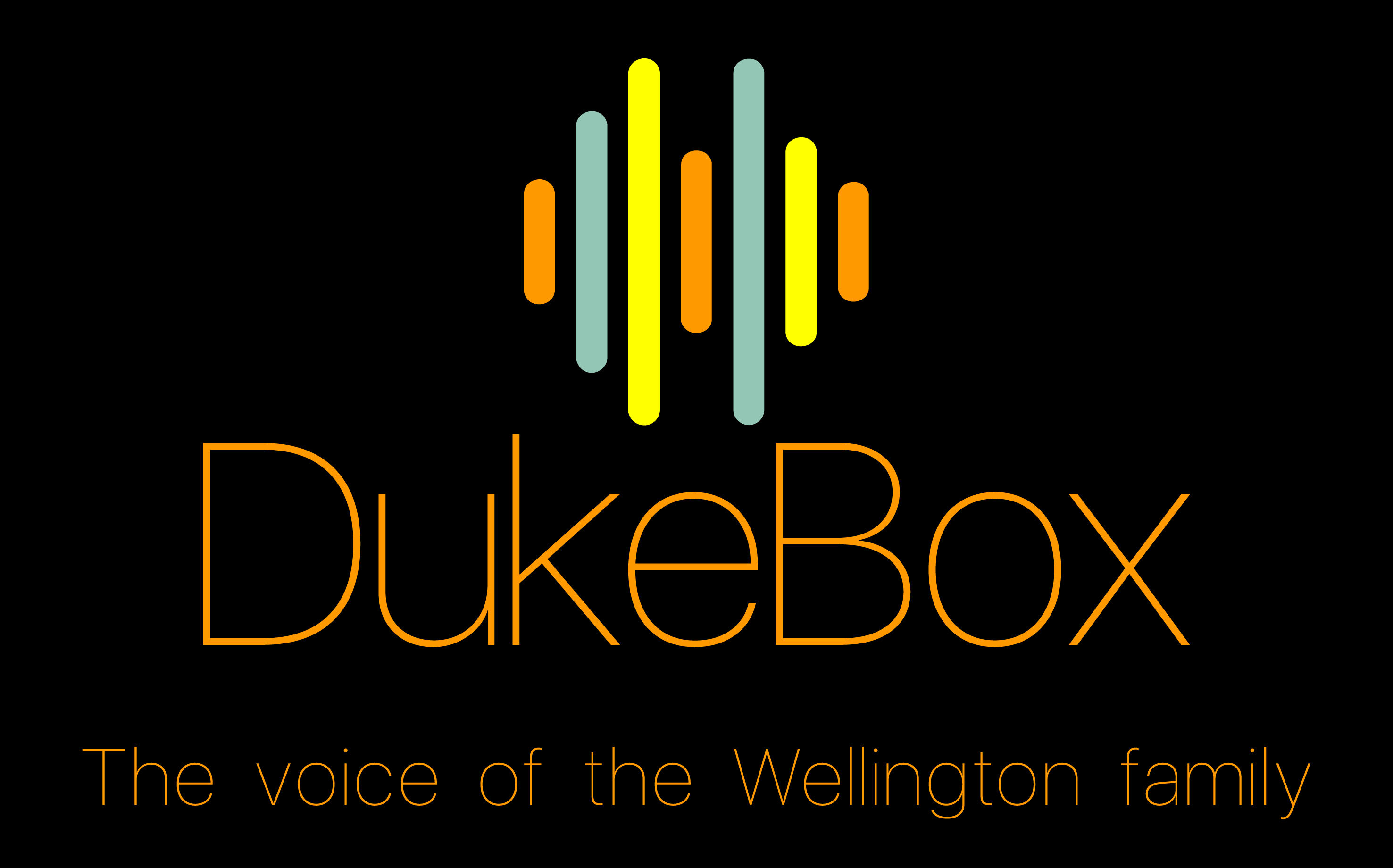
Dukebox radio
Schedule
Catch Up
Podcast
Martin Bailey
Dukebox Presenter
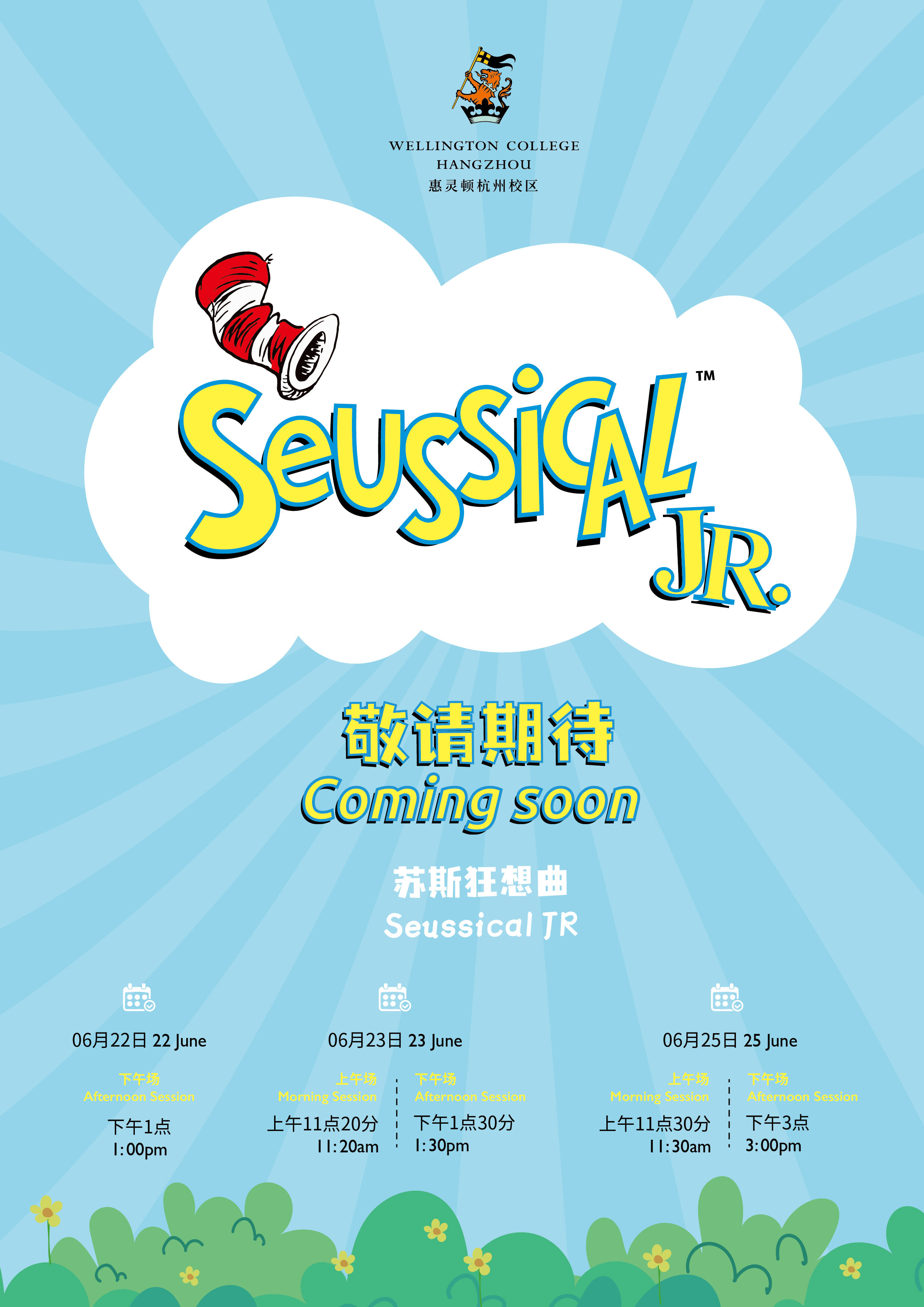
Related Articles












